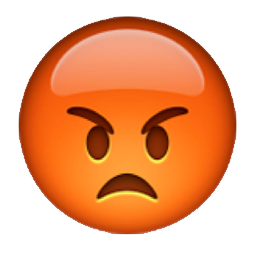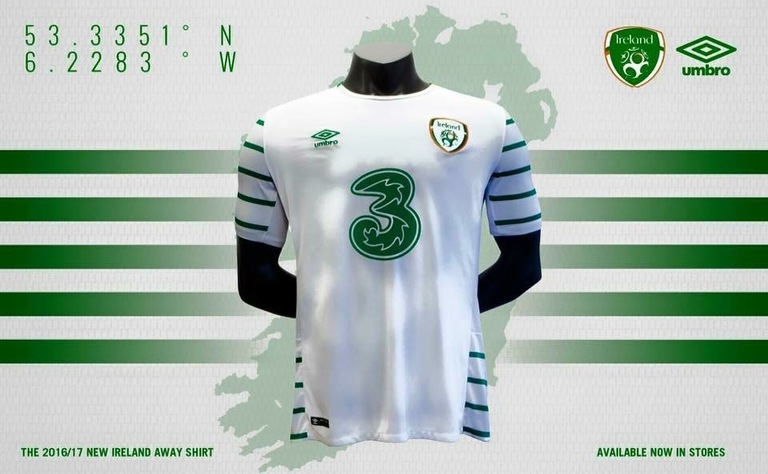The Christmas season has arrived, and many of us will be thinking about enjoying the festive season with our friends and family. As we commence the season of work parties, house parties, Christmas parties and New Years Eve parties, most people will find ample invitations to drink and be merry over the next few weeks. Our Pharmacy team have put together a little some information to help you make informed choices regarding this year’s festive tipples.
How much is too much? The HSE guidelines advise that men should drink no more than 3-4 units of alcohol per day, and women should drink no more than 2-3 units per day. Even if you do not drink all week, you are not advised to save up your units in order to drink them all in one night. Drinking more than twice your daily limit (women = 6, men = 8) is called a ‘binge’. 1 unit = or or 1 x shot vodka half pint beer 1 x small glass wine.
Top tips for drinking this Festive Season:
Set a limit Before you head out for the night, think about setting a limit as to how much you are going to drink and stick to it. Most people find that no more than a drink an hour will keep them in control of the situation and avoid drunkenness. If you want to clarify how many units are in your preferred drink, you can use the unit calculator on http://www.drinkaware.ie/know-y…/standard-drinks-calculator/. The upper limit of drinks for males is 21 and for females is 14 drinks per week.
Alternate between soft drinks Drink water or soft drinks between alcoholic drinks to dilute the alcohol. This will help you to pace yourself throughout the night and keep your body hydrated. If you start the night early, think about delaying drinking alcohol for the first couple of hours. Drinking a one to one ratio of non-alcoholic to alcoholic beverages is a good policy – that's one serving of water for every serving of alcohol. It's always preferable to have a greater ratio of non-alcohol to alcohol.
Sip your drink If you gulp a drink for the effect, you are losing a pleasure of drinking, namely tasting and smelling the various flavours. This is particularly true for wine. Slow down and take small sips not big gulps. Space your alcoholic drinks out to keep the desired blood alcohol concentration.
Eat before you drink Drinking alcohol on an empty stomach mans that alcohol is absorbed quicker into your system. Eat something before or during drinking. This allows time for the alcohol to be burned up and for it to be absorbed slowly into the circulatory system. Chose to eat a meal of complex carbohydrates such as bread and pasta, which take longer to digest and therefore the additional alcohol you consume will also take longer to be absorbed. Avoid drinking mixed drinks on an empty stomach. This might produce hypoglycemia, which can cause dizziness, weakness, and mood change.
Avoid rounds By joining in buying rounds, it is harder to control how much and how quickly you are drinking. You will often find that you are drinking at the fastest drinker’s pace, and end up drinking more than you would have, and you’ll spend more too!
Drink plenty of water Before you go out, during the evening and when you get home. Alcohol acts as a diuretic and your body therefore retains less water. When this happens the body takes water from the brain and causes your head to hurt the next day. Treatment involves rehydrating the body so it can deal with the painful symptoms. Drink water, soda or isotonic drinks to restore your lost electrolytes.
Make informed choices Did you know that carbonated drinks (e.g. beer & sparking wine) are absorbed faster than non-carbonated ones? Dark coloured drinks contain ‘congeners’ caused by the distilling process and can cause the drinker a worse hangover. Mixing your drinks increases the number of different toxins your body has to deal with and will result in a worse hangover the next day.
Know what you're drinking. While it's good to try something out for the first time, like a "Sex On The Beach" or a beer you've never had before, be aware of its alcohol content before stocking up on more than one. You may not always be able to detect the strength of the alcohol in your drink owing to sweeteners, milk or cream or other fillers that cover the alcohol.
Know when to stop Stop drinking if you start to feel drunk. Symptoms of intoxication include feeling a loss of control over your thoughts, blurry vision, slurred speech, and difficulty with maintaining your balance.
Avoid stimulants Alcohol is a depressant. Therefore, it's a bad idea to mix alcohol with stimulants, particularly caffeine, such as coffee or energy drinks. Stimulants trick your body into feeling more alert and conscious, which may lead you to feel as if you can handle a few more drinks. Stimulants also speed up your heart rate, which, combined with alcohol, can lead to short-term heart palpitations and other serious cardiac problems.
Other medication Use alcohol carefully in connection with other drugs. This includes over-the-counter drugs cold or cough medicines. Alcohol should be avoided while taking certain antibiotics, arthritic, anti-depressant, and many other prescription medications. Do not take sleeping pills, or any prescription or non-prescription drugs with alcohol if it has a known contraindication with alcohol. Check with your physician or pharmacy before you drink while on any prescription drug.
Sleep Alcohol will affect the quality of our sleep and when we are tired our hangovers often feel worse. Get plenty of sleep in preparation for the party season.
Plan how you're going to get home before your night out. Take a cab or ask a non-drinking driver to collect you i.e. appoint a designated driver. It’s good to have someone available who will not be
drinking and will drive all drinkers home. Never drive drunk. Don't drive if you're even tipsy. Just one drink per hour can put you over the legal limit for driving. Even if you think you "feel fine," your blood alcohol concentration may indicate otherwise.
Prevent the hangover! The Natural Hangover Preventer Lifeline capsules are a natural way to prevent a hangover and its effects. For maximum effect take the two capsules within an hour or so of your first drink. Each dose delivers into the stomach a measured amount of activated carbon (vegetable charcoal), a soluble calcium and magnesium carbonate blend (Aquamin), along with up to 25% of the recommended daily allowance of vitamins B and C. The ingredients begin to work whilst you enjoy your drink without fearing the morning after hangover sickness.
The Morning After
Although there are no real cures for hangovers, there are ways to ease the symptoms.
• Taking Dioralyte rehydration sachets helps to combat low blood sugar levels, which cause headaches; and replaces lost fluid, minerals and salts, which are depleted by alcohol.
• Over-the-counter painkillers can help with headaches and muscle cramps. Paracetamol-based remedies are usually preferable as aspirin may further irritate the stomach and increase nausea and sickness. In some cases, an antacid may be needed to settle your stomach first.
• Put the vitamin B back in! Alcohol can affect the absorption and use of the B group vitamins. Apart from the other essential vitamins and minerals, Berocca is a high-dose vitamin B supplement which may help restore depleted levels of B-vitamins. Having a Berocca effervescent tablet in water will help you rehydrate.














Be the first to leave a comment.